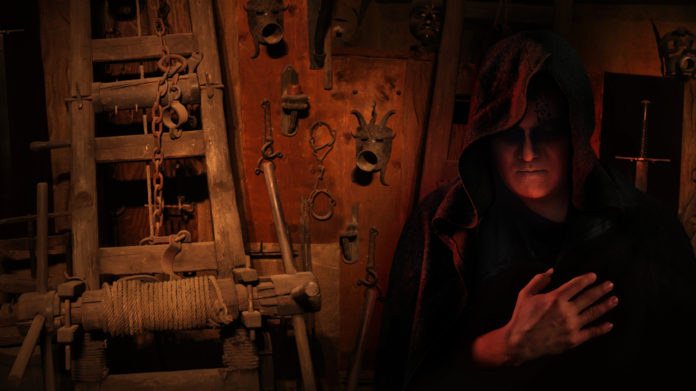The solicitation sought work in Spain and required offerors to possess a certificate from the Spanish government. The protester alleged the awardee didn’t possess the appropriate certificate. The awardee was a joint venture, but only one joint venture partner possessed the required certificate. The protester reasoned that under Spanish law, the joint venture entity itself had to possess the certificate. GAO, however, found that the solicitation expressly permitted a joint venture to rely on a single partner’s certificate. If the protester believed this violated Spanish law, it should have filed a protest challenging the terms of the solicitation.
Castellano Cobra UTE MACC LEY18-1982, GAO B-420429.5
Background
The Navy had a multiple award contract (MAC) contract with several contractors for construction projects in Rota, Spain. The MAC stated that future task orders awarded under the contract would require contractors to obtain a Certificate of Classification from the Spanish government. The certificates, which demonstrate the necessary past performance and resources to perform construction, are a requirement for doing business in Spain.
The Navy issued a solicitation under the MAC seeking improvements to support helicopter operations. The Navy received several proposals from a Spanish company, Castellano Cobra, and an American joint venture, Acciona CMS JV LLC. The Navy awarded the contract to Acciona. Castellano filed a protest, arguing that Acciona did not possess an appropriate certificate of classification.
Analysis
Acciona was a joint venture organized as a limited liability company. Only one of the joint venture partners possessed a certificate of classification. Castellano argued that Spanish law did not recognize limited liability companies as a valid entity for government works. Thus, Castellano reasoned, a limited liability company, like Acciona could not use a certificate of compliance form an affiliated partner. Rather, the joint venture itself had to possess the certificate. Because Acciona did not possess the certificate itself, it was ineligible for award.
GAO rejected the argument, finding that Castellano’s interpretation of the solicitation (and of Spanish law) conflicted with the language of the MAC and the task order solicitation. Both the MAC and the solicitation stated a joint venture offeror could appropriately rely on one joint venture member’s certificate of classification. If Castellano disagreed with this interpretation, it should have filed a pre-award protest challenging the terms of the solicitation.
Castellano is represented by Nick R. Hoogstraten of Peckar & Abramson, P.C. The intervenor, Acciona, is represented by Casey J. McKinnon and R. Dale Holmes of Cohen Seglias Pallas Greenhall & Furman PC. The agency is represented by the Chad L. Diederich of the Navy. GAO attorneys Katherine I. Riback and Alexander O. Levine participated in the preparation of the decision.
–Case summary by Craig LaChance, Senior Editor




